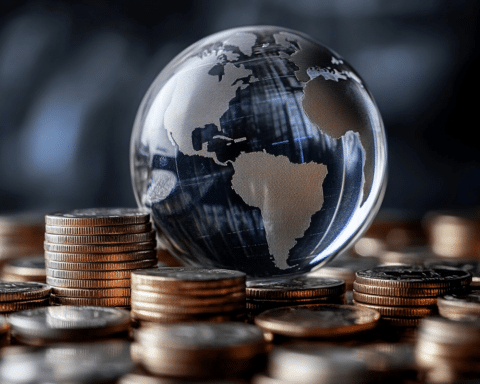The International Monetary Fund (IMF) has expressed optimism about the global economy’s recovery, projecting a 0.2% improvement from its previous forecast in April. This positive trend has been partly fueled by the resurgence of post-pandemic travel, which has been complemented by a strong jobs market and the services sector.
Tourism and Services Sector Lead the Way
As the world emerges from the shackles of the COVID-19 pandemic, the demand for travel, tourism, and services has displayed robust resilience in the first quarter of 2023. Countries heavily reliant on tourism have shown promising signs of recovery, outperforming those with a stronger manufacturing focus. For instance, global air traffic has reached 96.1% of pre-pandemic levels as of May, signaling a notable rebound in the travel industry.
However, in some regions like southern Europe, wildfires have caused severe damage to tourism-dependent economies, leaving limited room for further recovery.
Divergent Growth Trajectories: Advanced vs. Emerging Economies
While emerging economies like China and India are poised to experience the fastest growth in 2023, advanced economies such as Europe and the United States are expected to progress at a slower pace. The United Kingdom has experienced one of the most significant growth upgrades since the last forecast, with the IMF reversing its prediction of a 0.3% contraction to a 0.4% growth. The boost was attributed to stronger-than-expected consumption and investment resulting from falling energy prices and reduced post-Brexit uncertainty.
Despite this positive development, the UK’s growth remains the second slowest among the G7 major economies, with only Germany facing a worse outlook due to a recession brought on by higher consumer prices leading to reduced spending.




